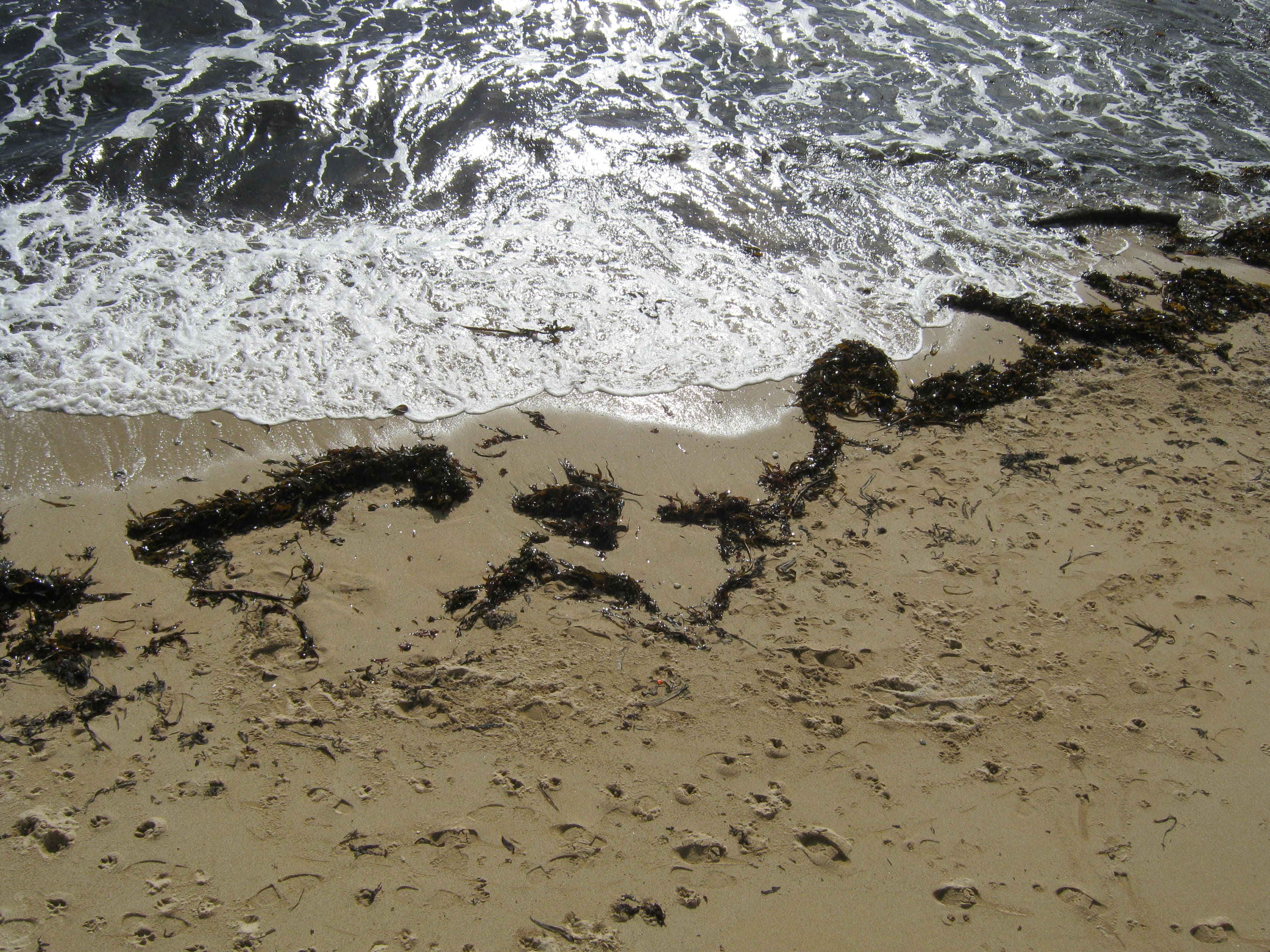You have no items in your cart. Want to get some nice things?
Go shopping
The door sticks fast at first, as though reluctant to let her enter, or stuck, perhaps, on drifts of errant sand blown in by the storms of more than a decade’s winters. Willa’s thoughts are loud, buffeting incoherently against the inside of her skull. She feels her childhood self jostling beside her – wonders if she made a mistake coming here alone.
It’s been far longer than a decade, more than two in fact. If she allows the relevant dates to rise to the surface she knows the years that have past are a cool twenty-three. Why cool? It sounds like something Josh would say. Would have said, before he got so old and fusty.
When they still exchanged more than the occasional email.
Can it really be twenty-three years since she last came here? Since Theo died?
It’s a wonder the house is still standing.
Willa walks into the gloom, pauses to let her eyes adjust, allow her brain to catch up. For a moment she’s beset with memories, of laughing here, ten years old, on the first day of the summer holidays, while Theo and Josh raced in and out, heaping luggage around her feet and legs like they were intent on burying her, as their mum, or rather, Josh and Willa’s mum, tried to keep things from capsizing in a disastrous heap.
The smell of the house then was nothing more than stale, salty, damp. Now it lodges in her throat with the sharpness of spoiled fruit, underplayed by something rounder, more perturbing.
Light streams in thinly around the boards shielding the windows, illuminating dust-thatched furnishings. Willa’s glad she let Josh persuade her to come early enough not to arrive in darkness. She puts down her bags, attacks the first of the shutters, struggling with it until the slabs of wood swing inwards and she has to lunge back to avoid being smacked on the nose.
A good, thorough clean, that’s what the place needs. Willa tries the tap and water gushes out. She hears the old boiler clank into life and allows herself a relieved smirk.
There’s a bucket and mop in the cupboard that used to hold their beach toys. She sets to, scrubbing surfaces and evicting sand into the garden, now a thistle forest with purple heads bobbing almost as tall as Willa. The sun has ducked behind a cloud, but humidity holds the heat in, makes her sweat as she works. As she turns from flinging another dustpan-full onto the lawn, she thinks she glimpses a flash of movement inside the room the boys had shared.
Willa stands still, pulse leaping, face tilted towards the window above, but nothing stirs. Silly fish, letting your imagination swim away with you, she tells herself, hearing Theo’s teasing voice in her head.
She lets it grip her then, legs folding into a crouch, arms cradling her head, hands curved over her shoulderblades: pain spiralling out of her in one long aching moan.
She hasn’t cried like this since it happened, has barely allowed herself to think of him since then. Has held in the anger, the bewilderment too.
How could Josh have come home without him?
She’d heard them sneaking out that night, had called out in a plaintive whisper asking if she could come too. They’d refused, told her she didn’t swim well enough. Theo hesitated though, crept into her room, his smile a pale gleam. ‘See you in the morning, Willa.’ And he’d kissed her cheek, lips breathy and dry, sending a hot thrill through her pre-teen self.
She takes her time, now, ascending the narrow staircase, memories crowding the steps with bottles of sun cream, discarded daps, bleached crab claws that exuded their marine odour into the air. Apart from dust, thick and grey, the route is clear – tidied up by whoever cleared out the house after she and Josh took it off the rental agency’s register, six or eight months before. It’s time to get rid, as their mum used to say. Sell up. Move on.
Willa volunteered to sort out the place, ready it for the market.
The door to the boys’ room stands open. Willa halts on the threshold, lights blooming in her eyes as her mind scrabbles for balance. The curtains are half-closed, the room awash with shadows, reminding her of that morning when she’d stood here seeing Josh lying asleep, the bed next to his empty but for a rumpled sheet.
There had been uproar in the preceding hours, waking her so she padded downstairs, huddled in the hall. Josh swaying on his feet before their mum, explaining in strangled gasps that the current had been too strong, they’d misjudged it; he’d barely made it ashore himself. Had been unable to save Theo.
Their mum phoned the lifeguard, the police, and they waited on the beach as the helicopter’s beam swept over. The longest night of Willa’s life – stretching ragged and wind-torn as the moon sank from the sky.
That morning as she stared, Josh’s eyes flicked abruptly, struck at her own with such raw sorrow she stumbled backwards, ran away.
A sudden noise jolts her from the memory; she has to grab the doorjamb, cling on.
It’s coming from the window, a panicked fluttering. Gasping soundlessly, Willa forces herself to edge forwards. The noise stops and she sees a small oval shape silhouetted on the other side of the fabric.
Too large to be a moth. A sparrow perhaps, or a house martin.
Something living, and lost.
‘Shh,’ she murmurs, and slips her fingers through to unlatch the window, set it free. Whatever it is doesn’t move.
Heart jumping in her chest, Willa eases back the curtain and sees a little bat, a pipistrelle, hanging onto the fabric. As soft and small as a mouse, with ears and nostrils like black, curved seashells. She reaches out, takes it in her hands, feels its alarm vibrate against her. She holds it out beyond the window’s frame, loosens her hold on the frail, pulsing body.
In an instant, it wheels away, a dark flutter adrift in the afternoon sunshine. The house stands quiet behind her.

About Judy Darley
Judy Darley can't stop writing about the fallibilities of the human mind. Her stories, essays and poems are widely published by literary anthologies, magazines and websites in the UK, New Zealand, Canada, US, and India, including Cypress, The Mechanics' Institute Review and The Pomegranate. Judy is the author of short fiction collections Sky Light Rain (Valley Press) and Remember Me to the Bees (Tangent Books). Her third collection, The Stairs are a Snowcapped Mountain, will be published by Reflex Press in 2022. You can find Judy at http://www.skylightrain.com; https://twitter.com/JudyDarley.
- Web |
- More Posts(4)





One comment